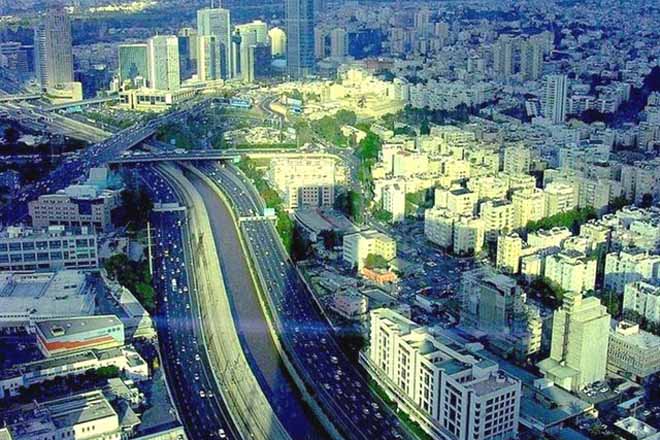Israel will accept an invitation for direct talks with the Palestinians only from the US, and not from the Middle East Quartet, dpa reported Monday reffering to the Israeli media.
The invitation from Washington would have to make it clear that no preconditions were attached to the resumption of face-to-face negotiations, the reports said.The Quartet - the US, the European Union, Russia and the United Nations - was expected to issue a statement on the need to enter into direct peace talks according to predefined conditions within 24 to 48 hours.In a letter written to EU foreign ministers on Thursday, the EU's foreign policy chief Catherine Ashton wrote that the Quartet had been working on a statement "to be issued concurrently with the announcement of the launch of direct talks" as part of a bid to "overcome the remaining Palestinian objections to agree to direct talks."According to an unnamed US official quoted in the Ha'aretz daily Monday, the Quartet intends to call for the establishment of a Palestinian state within a year or two, based on the armistice lines which served as the de facto border between Israel and the West Bank until 1967."The Quartet statement is a fig leaf. We would accept only an American statement that would not include preconditions," an unnamed Israeli official told the Jerusalem Post daily.He added that he hoped direct talks would start over the weekend or at least by next week.
Israeli-Palestinian indirect negotiations began in spring this year, mediated by US envoy George Mitchell.
Despite calls by Israel, and recently by the US, to turn the negotations into direct talks, Palestinian President Mahmoud Abbas has been hesitant to do so, demanding guarantees first, including a total Israeli halt to construction in its West Bank settlements.
A partial, limited construction freeze announced by Netanyahu in November last year is due to expire next month. Some Israeli officials, including Foreign Minister Avigdor Lieberman, have said it will not be renewed.
The freeze did not include East Jerusalem, despite Palestinian demands.
It also excluded public buildings such as schools, and on Sunday night Netanyahu gave the go-ahead to a plan to build 23 portable structures in different West Bank settlements, saying it would allow 600 students to continue their studies in the coming year.
Meanwhile, in an indication of a relaxation of the physical tensions between Israel and Abbas' Palestinian Authority, Israeli police continued Monday dismantling a large concrete wall erected in 2002 to protect a Jewish settlement in southern Jerusalem.
Gilo, in southern Jerusalem, is regarded by Israel as a neighbourhood of Jerusalem. However since it was built on land captured from Jordan in the 1967 Middle East War, Palestinians and the international community see it as a settlement.
Gilo came under almost daily fire from the nearby Palestinian town of Beit Jala soon after the Palestinian uprising got underway in late 2000.
Announcing the removal of the wall, the Israeli army said the decision stemmed from "the stable security situation in the area.






